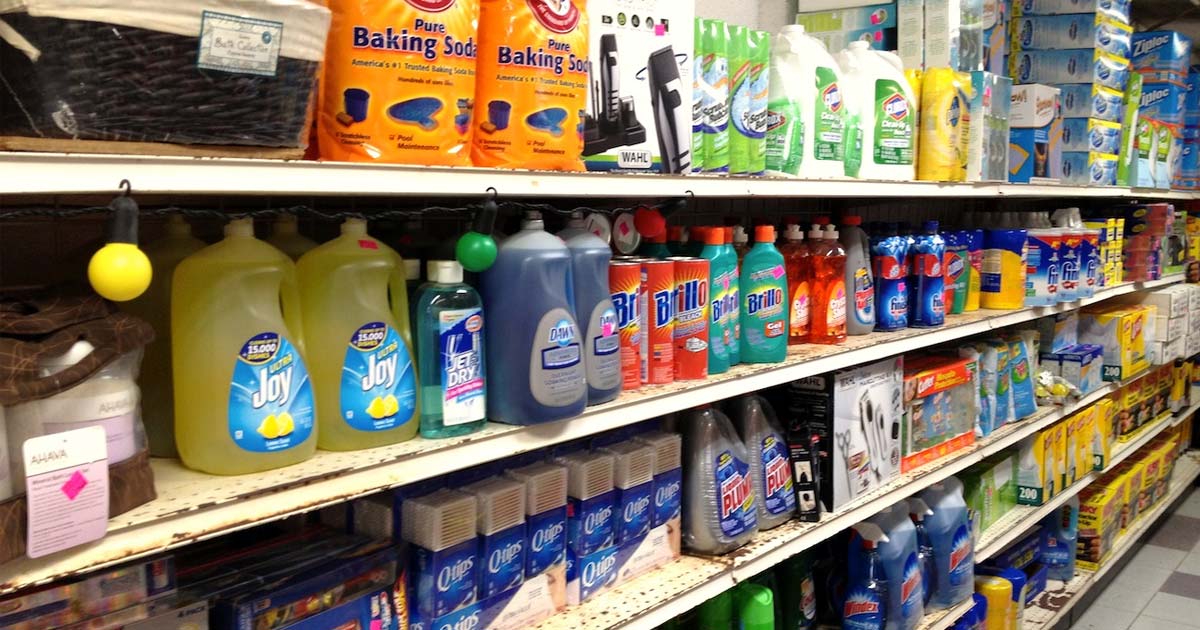After implementation of GST, approx. Rs 320 are saved every month by an average Indian household on the purchase of the daily household goods like edible oil, cosmetics and cereals said a finance ministry source mentioning the survey of consumer expenditure data.
On July 1, 2017, the government implemented GST (Goods and Services Tax) by integrating 17 various state and central taxes which also includes VAT or sales tax and excise duty.
Because of the GST, the tax-on-tax vanished from India and became one market by imposing uniform tax rates on goods and services.
The sources said that the GST rates have been decreased on the line-up of most commonly used goods and services due to which the average person can save money on monthly expenditure.
In a survey of household expenditure before and after GST shows that the tax rates have come down to 83 items even the daily use goods like toothpaste, footwear, hair oil, soap, and washing powder.
Mentioning to the expenditure survey, the source said that after GST if an average person spends Rs 8,400 per month on 10 goods i.e. sugar, chocolates, cereals, edible oil, namkeen and sweets, washing powder, tiles, furniture, cosmetics and toiletries, and coir products and other household products then he can save up to Rs 320 per month.
The tax paid under GST is Rs 510, if Rs 8,400 are spent on regular household items and before GST the tax charged was Rs 830 which saves Rs 320 per month.
Read Also: Current GST Slab Rates in India As Finalized by the GST Council
Before GST, when the good was produced in the factory the government would impose excise duty and the state governments would also levy VAT on it. Which simply means that the customers not only paid the VAT on the basic price of good but also paid the excise duty by the centre.
After the GST, the pattern has changed and eliminated i.e. the GST is imposed on when the customer purchases the product or service or at the consumption end.
As compared to the pre-GST, post-GST has taxed less on the line-up of goods i.e. buttermilk, spices, milk powder, curd, nutrition drinks like Horlicks/Bournvita, wheat, rice, idli dosa batter pasta, and mineral water.
Even the goods which are used daily like tooth powder and paste, curry paste, cosmetics and perfumes, hair oil, soap, detergents, sanitary ware butter bans, and footwear are also taxed lesser.
Before GST, the wheat and rice were taxed 2.50-2.75 % but after GST they are exempt from tax. Even the tax on milk powder was 6% before GST but now it is 5%.
Recommended: Maharashtra Govt. Requests For Lower GST on Butter And Ghee
The sugar-based products were charged 21% before GST and after GST it is charged 18%.
From 6%, the tax rate on edible oil and sugar has decreased to 5% after GST and also Namkeens and sweets were charged 12% but now it is charged 5%.
And the tax rates on tiles and washing powders after GST has been decreased to 18% from 28%.
And if we see the tax on furniture, it has been reduced to 5/18 percent on different kinds of products from the tax rate of 12/28%.
